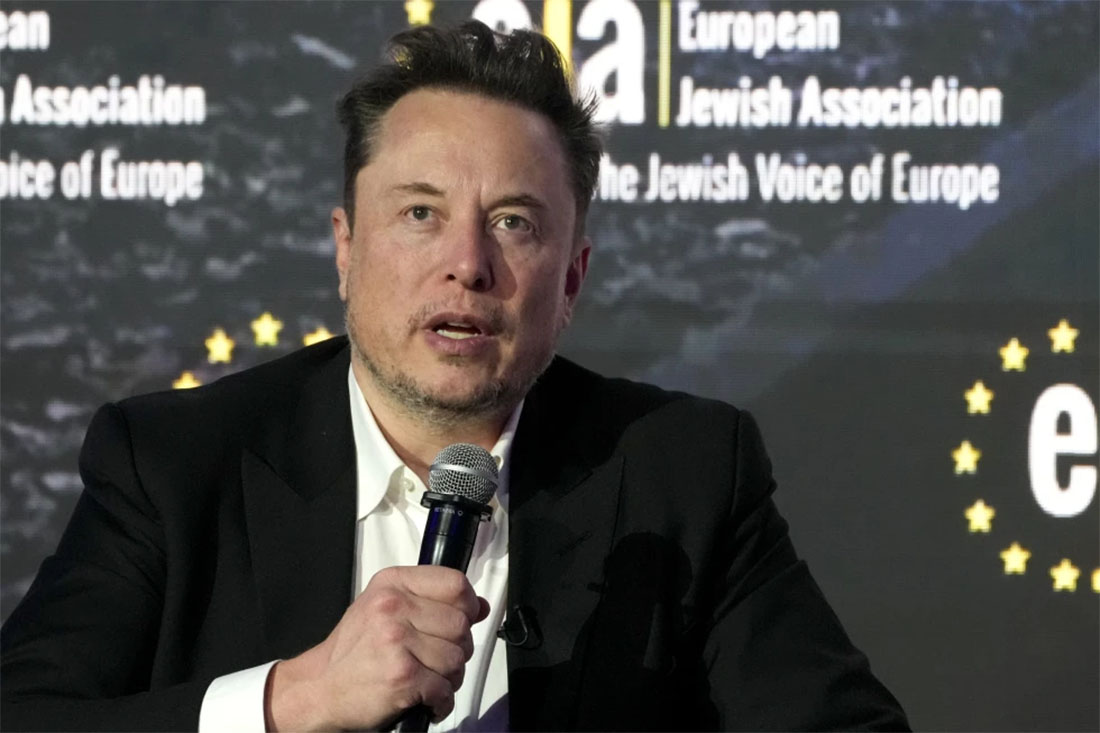
Photo Credit: Getty Images
On August 17, 2024, social media platform X (formerly known as Twitter) announced the immediate closure of its operations in Brazil due to escalating tensions with the Brazilian judiciary. The decision follows what X described as “censorship orders” issued by Supreme Court Judge Alexandre de Moraes, a key figure in Brazil’s ongoing efforts to regulate online content.
According to X, Judge Moraes issued a secret order threatening the arrest of Rachel Nova Conceicao, the company’s legal representative in Brazil, if the platform did not comply with his demands to remove certain content. The order included a daily fine of 20,000 reais ($3,653) as an additional penalty for non-compliance. In response, X decided to shutter its local operations, citing the safety of its employees as the primary reason for the move. The platform, however, will remain accessible to Brazilian users.
The conflict between X and Brazil’s judiciary is not new. Earlier in 2024, Judge Moraes ordered X to block accounts associated with “digital militias,” groups accused of disseminating fake news and inflammatory content during the administration of former President Jair Bolsonaro. Elon Musk, the owner of X, has been a vocal critic of Moraes’ rulings, describing them as “unconstitutional” and an overreach of judicial power.
Musk’s decision to close X’s Brazil office represents a significant escalation in this ongoing battle. X has previously argued that it is defending free speech against what it perceives as illegal censorship. However, the Brazilian judiciary, particularly Judge Moraes, has maintained that these measures are necessary to curb disinformation and protect democracy. Moraes has been a central figure in several high-profile cases related to the regulation of online platforms in Brazil, often clashing with companies like X over their handling of content.
This dispute highlights the broader challenges faced by global social media platforms operating in jurisdictions with strict content regulations. For X, Brazil’s regulatory environment has become increasingly untenable, leading to a decision that underscores the platform’s commitment to its principles, even at the cost of its physical presence in the country.
As this situation unfolds, it remains to be seen how it will impact Brazil’s digital landscape and the future of content moderation in the region. The outcome could have significant implications not only for X but also for other tech companies facing similar pressures worldwide.
















